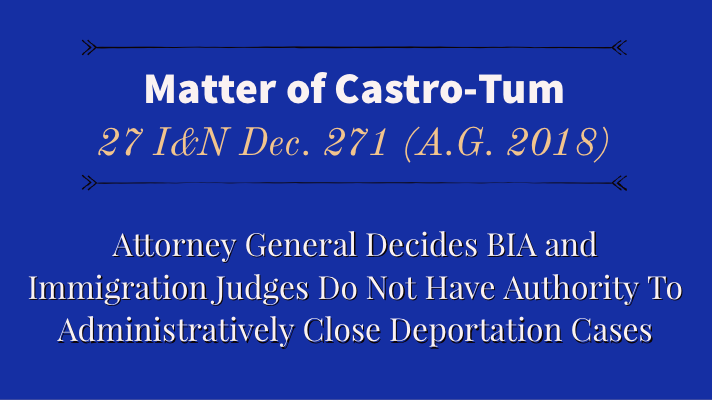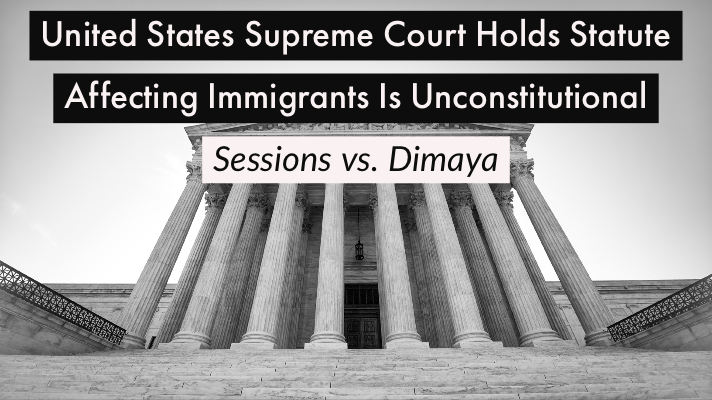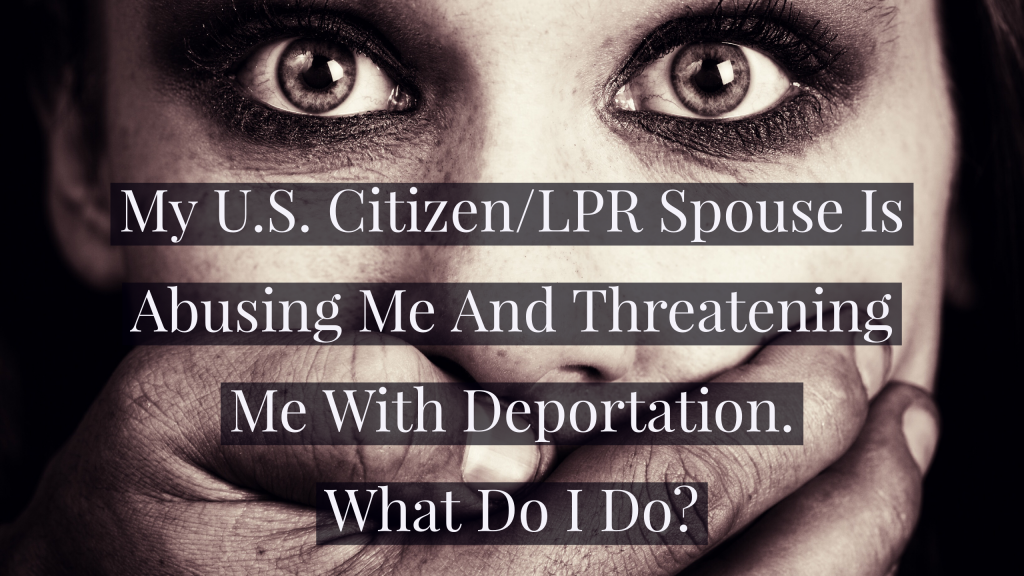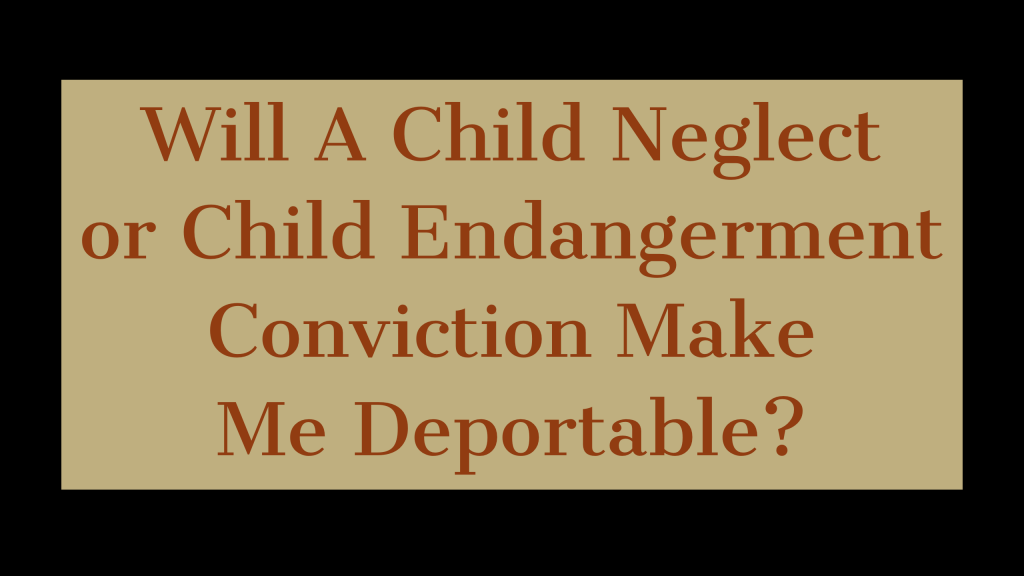
Although a relatively recent United States Supreme Court decision held that a conviction for simple battery in the State of Florida could not serve as a crime of violence, an Eleventh Circuit Court of Appeal decision distinguished that a felony battery conviction is a “crime of violence,” at least for purposes of the Federal Sentencing Guidelines. This means that a conviction for a Florida Felony Battery is probably a deportable offense as a crime involving moral turpitude and as an aggravated felony, if the sentence is 1 year or more incarceration.
What is Felony Battery in Florida?
Florida’s Felony Battery statute is defined in Florida Stat. §784.041. In order to prove a person is guilty of Felony Battery, the State must prove, or the person must admit to (plead no contest of guilty) to the following elements:
 Florida Immigration Lawyer Blog
Florida Immigration Lawyer Blog






 Injunctions for protection, also commonly referred to as restraining orders, continue to serve as a potential pitfall for non – United States citizens. Injunctions are extremely easy to obtain and little evidence is required to obtain one. Often, a judge will issue an injunction based solely on the word of the person who filed for the injunction. That person may have ulterior motives to obtain the injunction, for example to gain leverage in a divorce proceeding or child custody proceeding. But once an injunction is obtained, any violation of that injunction could lead to deportation. A conviction is not even necessary. And even if you would otherwise be eligible for a form of relief where the judge could cancel your removal, a conviction would render you ineligible. A recent Board of Immigration Appeals decision has further solidified this position.
Injunctions for protection, also commonly referred to as restraining orders, continue to serve as a potential pitfall for non – United States citizens. Injunctions are extremely easy to obtain and little evidence is required to obtain one. Often, a judge will issue an injunction based solely on the word of the person who filed for the injunction. That person may have ulterior motives to obtain the injunction, for example to gain leverage in a divorce proceeding or child custody proceeding. But once an injunction is obtained, any violation of that injunction could lead to deportation. A conviction is not even necessary. And even if you would otherwise be eligible for a form of relief where the judge could cancel your removal, a conviction would render you ineligible. A recent Board of Immigration Appeals decision has further solidified this position.






